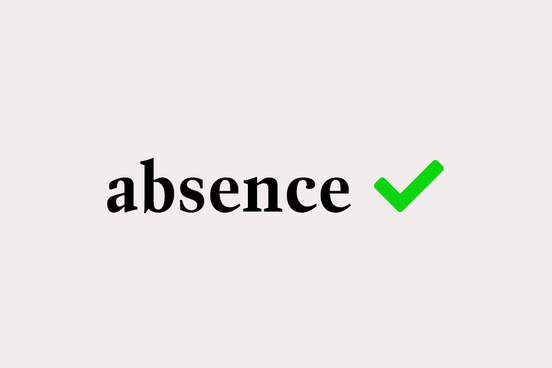
not: absense, abcense, abcence

not: accomodate, acommodate, accommadate
Accommodate has more double letters than we think is right, but we can be accommodating when we need to be. If the word needs two c’s and two m’s, then so be it. After all, it inherited them from its Latin forbears.
Remember too its vowels: an a to start, then two o’s to keep things soft and plump, and the word date at the end. (It's always kind to accommodate one's date with plenty of o’s and m’s and c’s after all.)
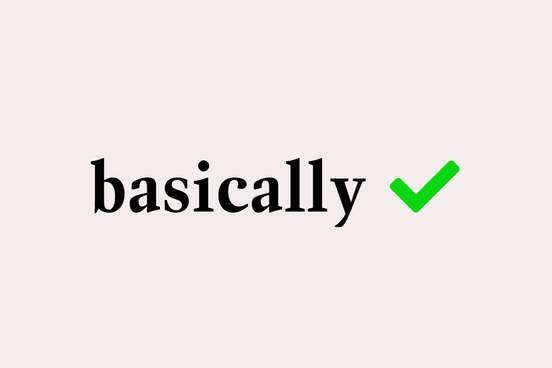
not: basicly

not: brocolli, broccolli, zuchinni, zuccini, zuccinni
Broccoli flaunts its double c’s and insists on keeping a single l even though we’re all pretty used to seeing those in pairs. Zucchini behaves similarly but throws an h in there too.
Both words get their double c’s from Italian. In that language, broccoli is the plural of broccolo, meaning “flowering top of a cabbage,” and zucchini is the plural of zucchino, the diminutive of zucca, meaning “gourd.”
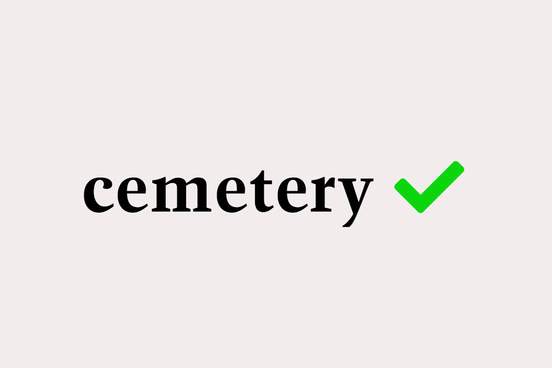
not: cemetary, cematery, cematary
Cemetery satisfies itself with only e’s as vowels until the final y. It seems to us a rather restrained spelling that is appropriate for such a solemn term.
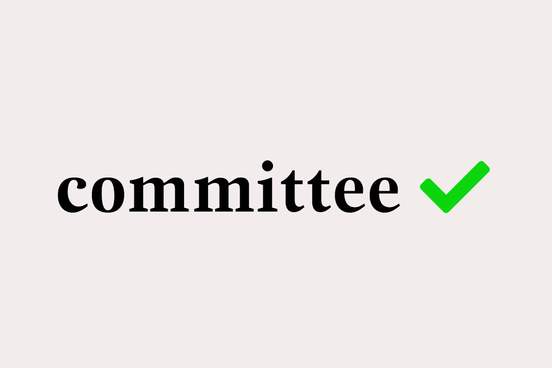
not: comittee, commitee
Committee has many letters that hardly seem essential: a spelling with two m’s, two t’s, and two e’s is quite the doubling. Anyone who’s been on a committee may have experience with committees themselves sometimes being overpopulated by opinions, so we can consider that this word may be dealing with a similar issue.

not: concensus
Somehow the letters of consensus came to one that said only one c was required, and that the other /s/ sounds should all be made by s.

not: definate, definately
Definite and definitely both have the word finite in them. There is no word finate, so definitely keep all a’s away.
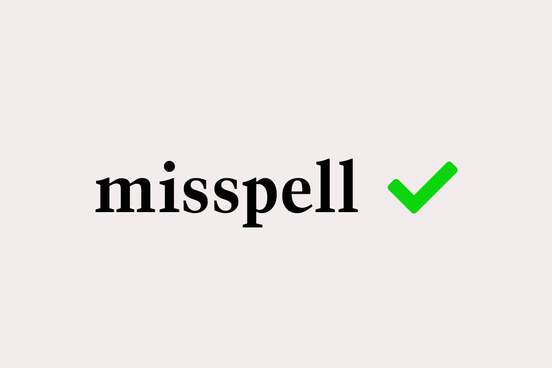
not: mispell
We can’t write about misspelling without addressing the word itself: misspell has two s’s, one for the mis- and one for the spell. Words sometime drop a dupe in a case like this, but misspell hangs onto both of the s’s and hisses at us to Pay Attention Dagnabbit.
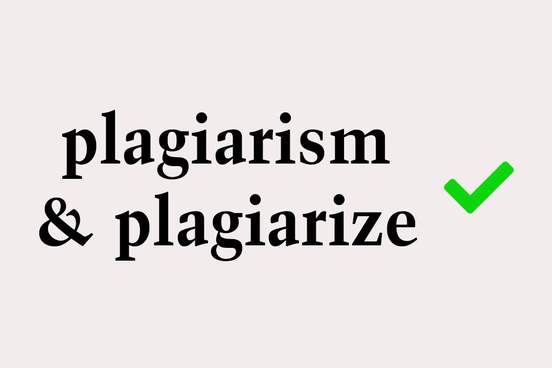
not: plagarism, plagarize
The second syllable in both plagiarism and plagiarize is pronounced like the second syllable of pager, so what is that ia doing in there anyway?
Both words come from plagiary, a now-rare word that can mean “plagiarism” or “one who plagiarizes.” The reason it’s useful to know is that plagiary rhymes with aviary, making the spelling of that second syllable make a bit more sense.

not: tommorrow

not: vaccum, vaccuum, vaccuumm
Vacuum has two u’s. It does not have two c’s or two m’s. We blame its Latin ancestor vacuus, meaning “empty, unoccupied.”




